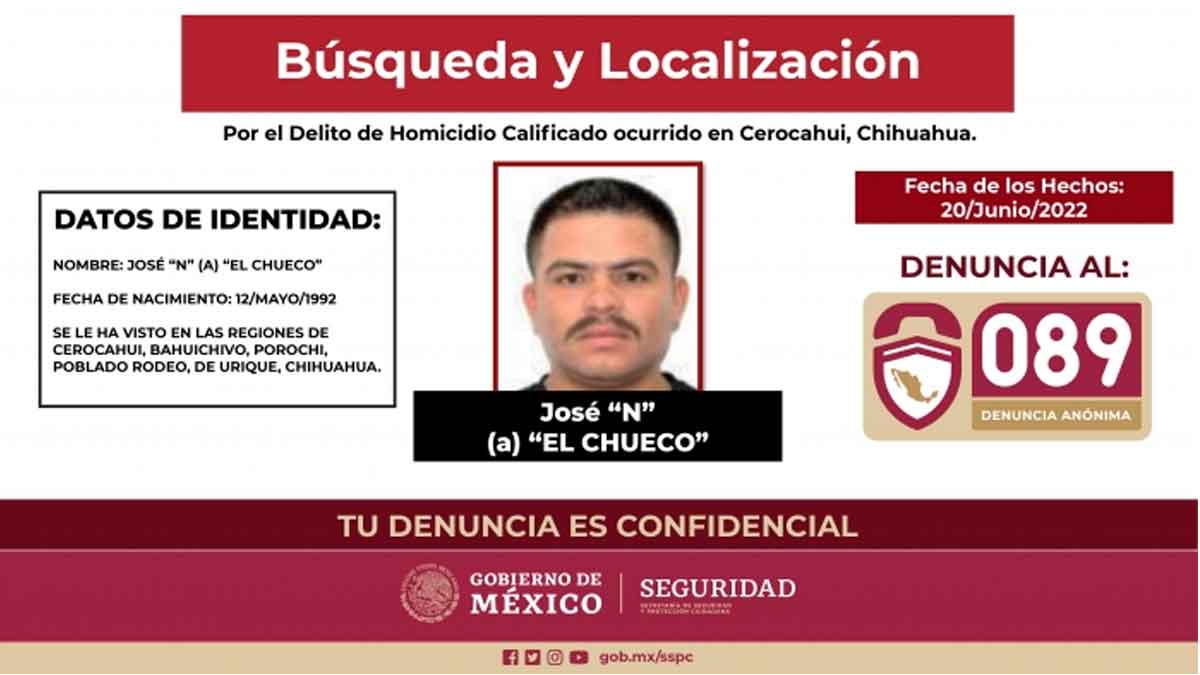The Story of El Chueco: A Life of Crime and Violence
Learn about the violent life of El Chueco, a notorious lieutenant of a criminal group associated with the Sinaloa Cartel, who was responsible for various crimes, including the murder of Jesuit priests and tour guide Pedro Palma.





